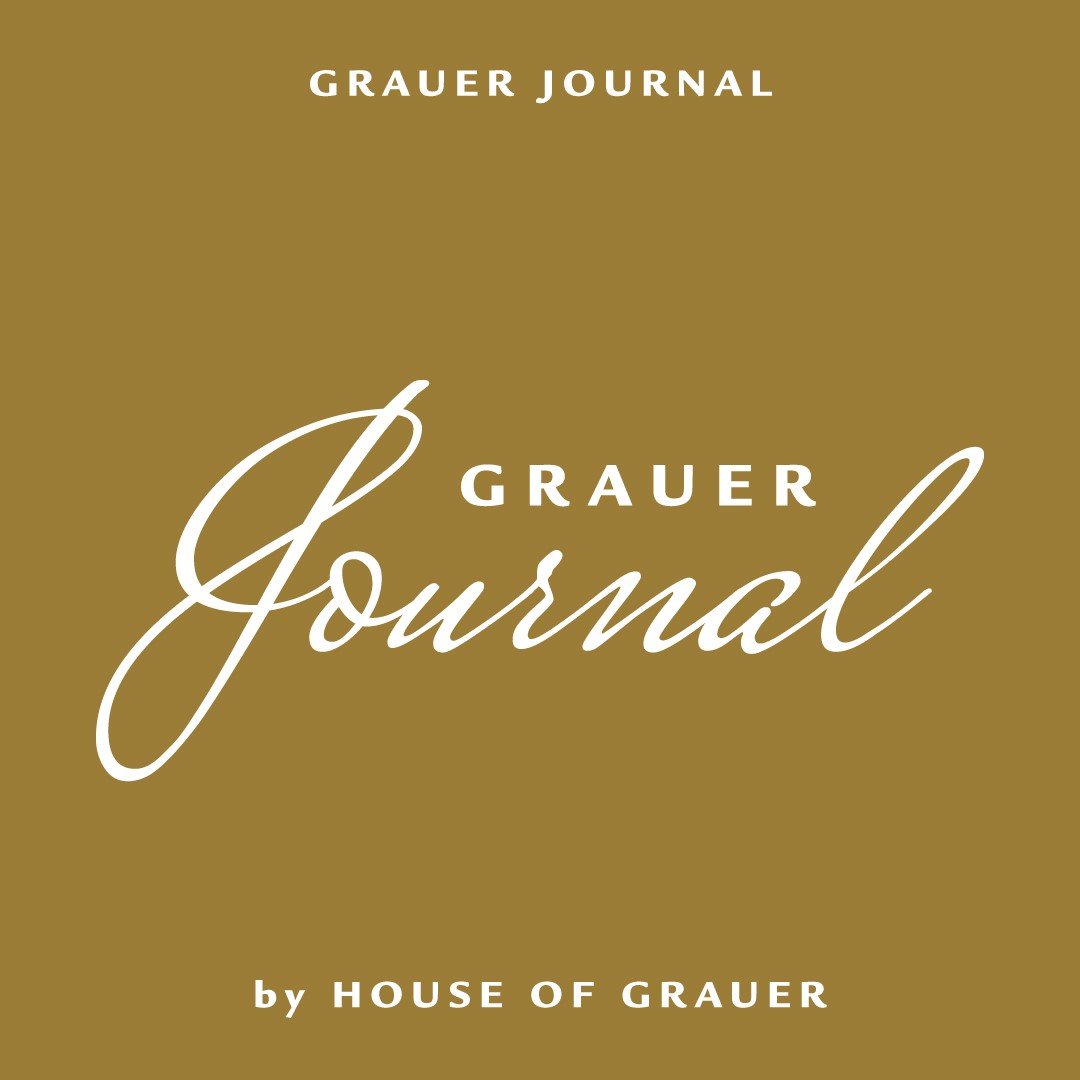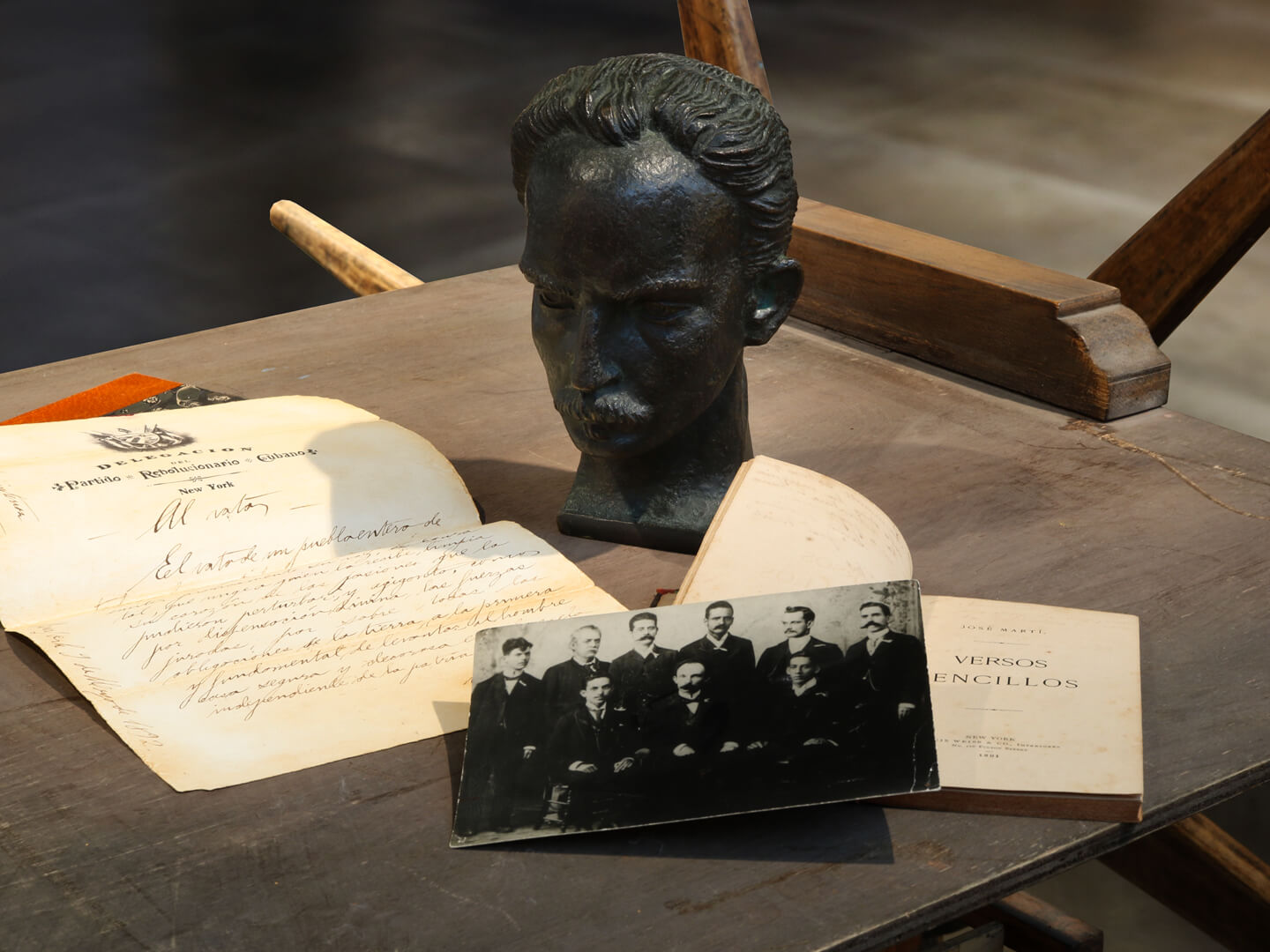José Martí
In the footsteps of Cuban national hero.
The name of José Martí is a synonym of bravery, persistence and devoted self-sacrificing love to the motherland. This bright writer, poet, essayist, journalist, translator and philosopher dedicated his whole life to the pursuit of political and intellectual independence for Cuba and the countries of Latin America.
The gratitude of his fellow citizens and admiration of the rest of the world population are long range. The Apostle of Liberty, as Cubans prefer to call him, is immortalized on a Cuban 1-peso banknote, in an impressive memorial in Havana and the name of its airport, in monuments and in the name of numerous streets all over the world. The International José Martí Prize is awarded by the UNESCO to those who “promote an activity in accordance with the ideals and spirit” of this liberty defender. Moreover, José Martí’s birthday, the 28th of January is a national holiday in Cuba.
Born in Havana in 1853, Martí started his life-long struggle against Spanish colonialism at the age of fifteen. Expressing his feelings and dreams on Cuba’s freedom in patriotic verses that were published in a school newspaper, the young man got arrested and condemned to six years being accused of national treason. Among these poems, a sonnet “10 de Octubre”, one of his most acclaimed pieces, criticized the existing political regime and announced the author’s defiance of the oppressing force. However, after a year in prison, due to his declined health condition, Spanish authorities changed his sentence to an exile in Spain.
During these five years of an obliged staying in Spain, the great Cuban patriot continued advocating on his country’s independence. In 1874 he left for Mexico and the next period of his life (over ten years) was spent between Mexico, Guatemala and Venezuela. He was actively writing for important South American newspapers and translating as well.
Escaping the dictatorship of Antonio Guzmán Blanco in Venezuela, he settled down in New York. There José Martí met his political soulmates and founded the Cuban Revolutionary Party in 1892, whose ultimate goal was liberating Cuba from Spanish domination.
Over the next couple years, the poet traveled across the United States and the West Indies, visiting tobacco factories and Cuban clubs in order to raise funds for the revolutionary movement. His inspiring speeches were of great uniting force for all Cubans, regardless of their occupation or social position. Notions of fraternity and national pride as well as the idea of founding a free and prosper Cuban society constitute his key postulates.
Together with Cuban military leaders Máximo Gómez and Antonio Maceo Grajales he planned an armed expedition to Cuba that would start a revolution. The uprising started in February of 1895. Three months later José Martí found death on a battlefield of Dos Ríos, near the confluence of the rivers Contramaestre and Cauto, in the north of the Caribbean island. His death aspired many rebels and patriots of the island, until finally in 1902 the country gained its independence.
To learn more about this outstanding Cuban visionary and intellectual, we are delighted to invite you to our Art and Culture area, where you will find an exclusive piece – an authentic edition of “Versos Sencillos” (“Simple Verses”), signed by the author. You will also discover original photos of José Martí along with historic Cuban Revolutionary Party documents.
(Parts from our private collection)
For more information, contact us on +41 22 552 2799


